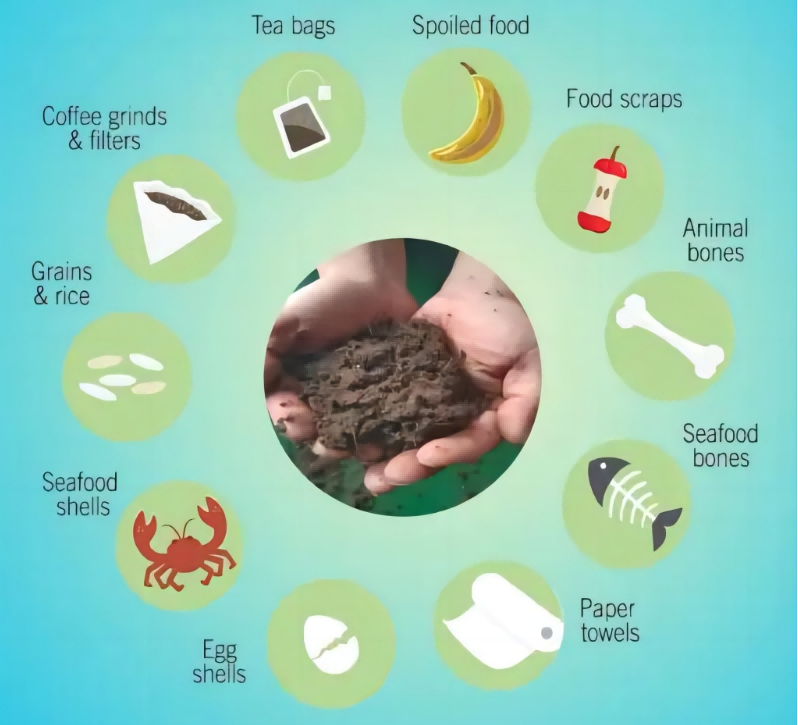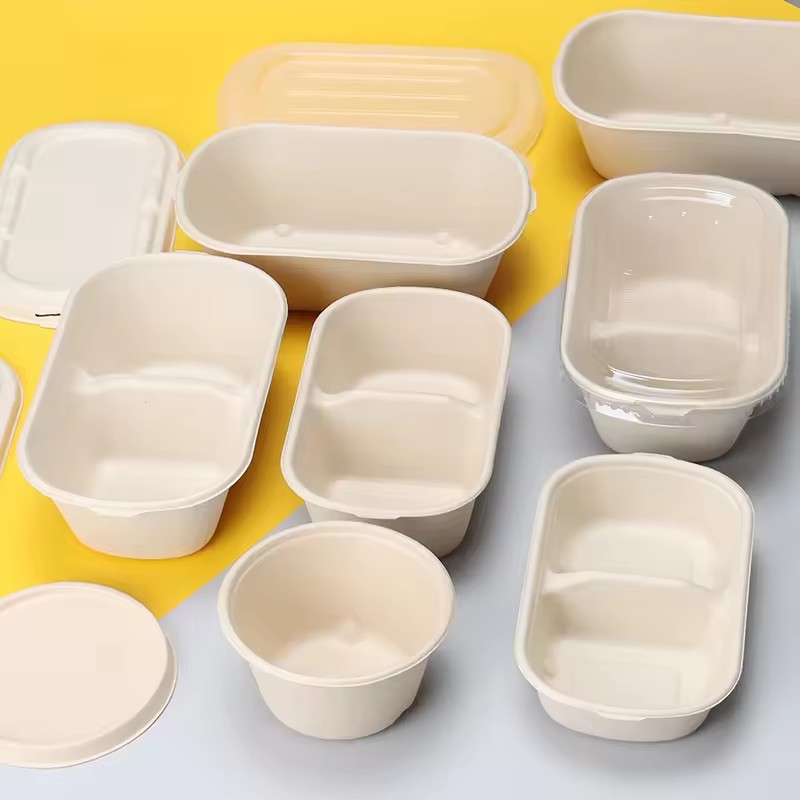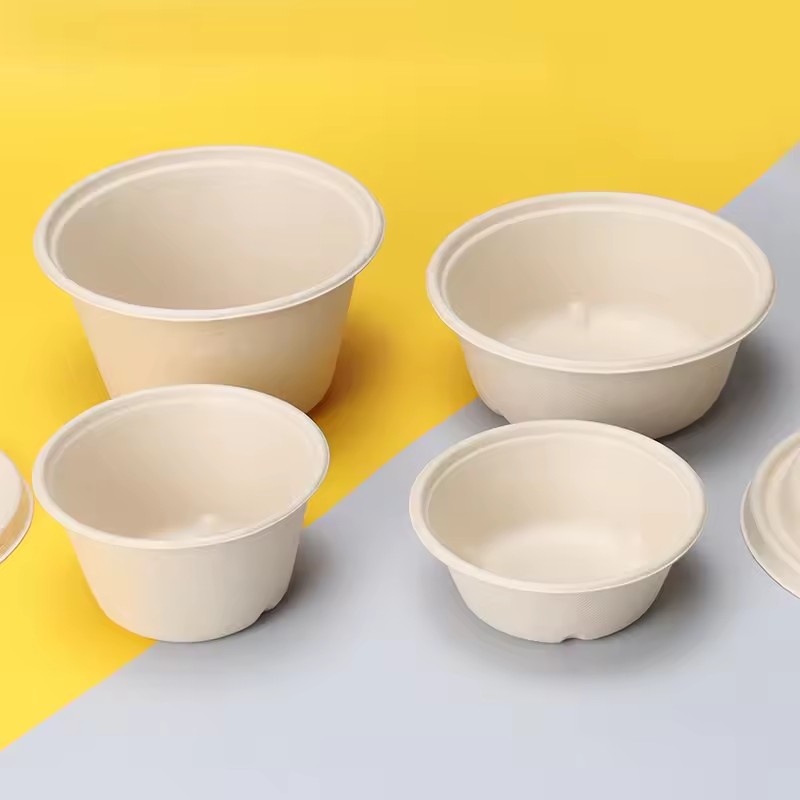How to Deal with Biodegradable Tableware?
Degradable tableware refers to tableware that can be decomposed into natural components such as water, carbon dioxide, and organic matter under specific environmental conditions. Compared with traditional plastic tableware, degradable tableware is more environmentally friendly and less polluting to the environment. Common biodegradable disposable tableware materials on the market include starch, polylactic acid, etc.

1. The Benefits of Biodegradable Tableware
Biodegradable tableware offers a myriad of environmental benefits. Firstly, it significantly reduces plastic waste, a critical issue as traditional plastics take hundreds of years to decompose, contributing to pollution and harming wildlife. By contrast, biodegradable materials break down within months to a few years, depending on environmental conditions, returning nutrients to the soil.Moreover, the production of biodegradable tableware often has a lower carbon footprint compared to traditional plastics. Many of these products are made from renewable resources, reducing reliance on fossil fuels and decreasing greenhouse gas emissions. Additionally, biodegradable tableware is typically free from harmful chemicals and toxins, making it safer for both human health and the environment.


2. Effective Strategies for Dealing with Biodegradable Tableware
To maximize the benefits of biodegradable tableware, it is essential to implement effective strategies for their use and disposal.
Education and Awareness Campaigns: Public education is crucial to ensure consumers understand the importance of proper disposal methods. Campaigns should highlight the differences between biodegradable and compostable products and provide clear instructions on how to dispose of them correctly.
Improving Composting Infrastructure: Governments and local authorities need to invest in composting facilities capable of handling biodegradable waste. This includes setting up community composting sites and integrating composting options into existing waste management systems.
Corporate Responsibility: Companies producing and selling biodegradable tableware should take responsibility for the entire lifecycle of their products. This can include designing take-back programs, providing clear labeling, and working with local composting facilities to ensure proper disposal.
Legislation and Policies: Governments can play a pivotal role by enacting policies that encourage the use of biodegradable products and improve waste management practices. This could include banning single-use plastics, providing subsidies for biodegradable alternatives, and implementing stricter regulations on waste disposal.
Innovation in Material Science: Ongoing research and development in biodegradable materials can lead to the creation of products that decompose more efficiently and under a wider range of conditions. This can help address some of the current limitations and improve the overall sustainability of biodegradable tableware.
Consumer Participation: Individuals can contribute by making informed choices, supporting companies with sustainable practices, and participating in local composting programs. Properly sorting waste and reducing the use of single-use items can significantly impact the success of biodegradable tableware.

Biodegradable disposable tableware represents a promising solution to the environmental challenges posed by traditional plastics. However, to fully realize its potential, it is essential to address the associated challenges through a combination of education, infrastructure development, corporate responsibility, legislative action, and consumer participation. By taking these steps, we can ensure that biodegradable tableware not only reduces our environmental footprint but also fosters a more sustainable and healthier future for generations to come.






